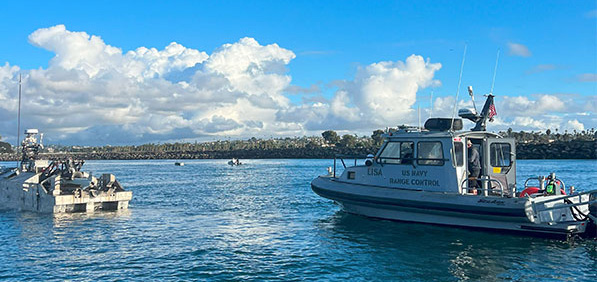Reflections on Boat Safety: Why It Matters
Boating is a wonderful way to experience freedom on the water, whether for recreation, fishing, or adventure. However, with this freedom comes responsibility. Boat safety isn’t just about following rules—it’s about fostering a mindset of preparedness and respect for the water. Here are some key thoughts on why boat safety matters and how we can all contribute to a safer boating experience.
1. Safety Begins with Awareness
Many boating accidents occur due to inexperience or a lack of awareness. Understanding weather conditions, navigation rules, and proper boat handling can prevent most emergencies. Taking time to learn and prepare is the first step toward a safer boating experience.
2. Life Jackets Are Non-Negotiable
It’s easy to assume you won’t need a life jacket—until you do. Drowning can happen unexpectedly, even to experienced swimmers. A well-fitted, Coast Guard-approved life jacket should be worn at all times when on the water.
3. A Boat Is Only as Safe as Its Operator
A boat doesn’t operate itself—it requires a responsible, sober, and attentive person at the helm. Just like driving a car, boating requires focus and good decision-making. Avoiding alcohol, keeping an eye on surroundings, and following speed limits are crucial to preventing accidents.
4. Emergency Preparedness Saves Lives
No one expects an emergency, but being prepared for one can make all the difference. Having a well-stocked first-aid kit, emergency flares, a working radio, and a float plan shared with someone onshore can significantly improve safety in unexpected situations.
5. Respect the Water and Weather
Water conditions can change rapidly, and underestimating them is a common mistake. Checking weather forecasts, watching for sudden shifts in wind or waves, and knowing how to handle rough water can help prevent dangerous situations.
6. Environmental Responsibility Matters
Safety isn’t just about personal well-being; it’s also about preserving the environment. Boaters should respect marine life, avoid polluting the water, and follow designated waterway regulations to maintain a healthy ecosystem.
7. Learning Never Stops
Even seasoned boaters can benefit from continued education. Boating safety courses, updated regulations, and new technology all contribute to making the waterways safer for everyone.
Final Thoughts
Boating is an enjoyable and rewarding activity, but it requires responsibility. By adopting a proactive mindset about safety, respecting the water, and ensuring proper preparation, we can all contribute to making boating experiences both fun and secure.
Let’s keep our waters safe for everyone—happy and responsible boating!

